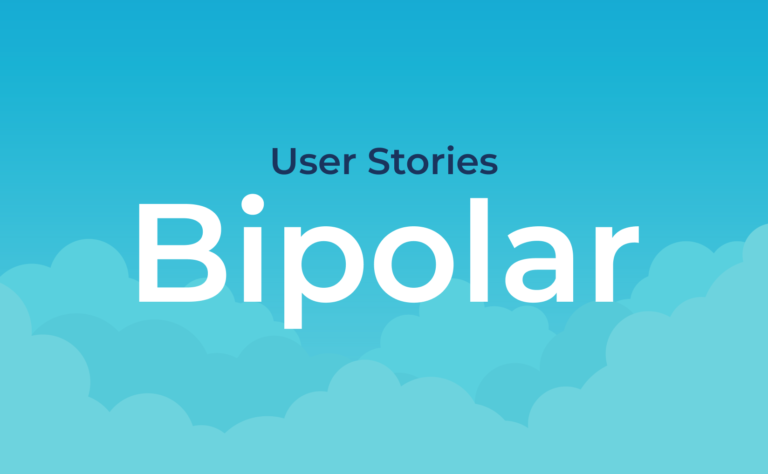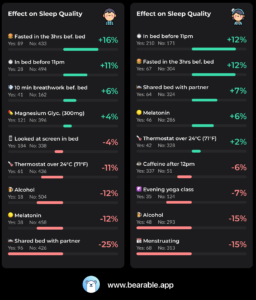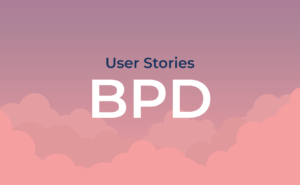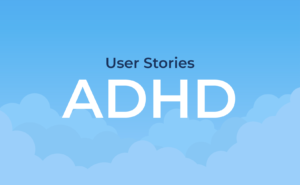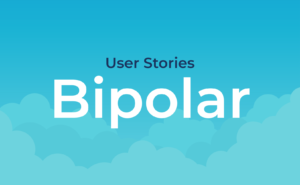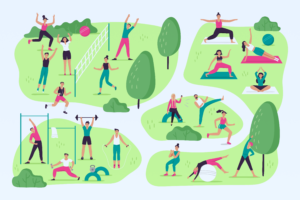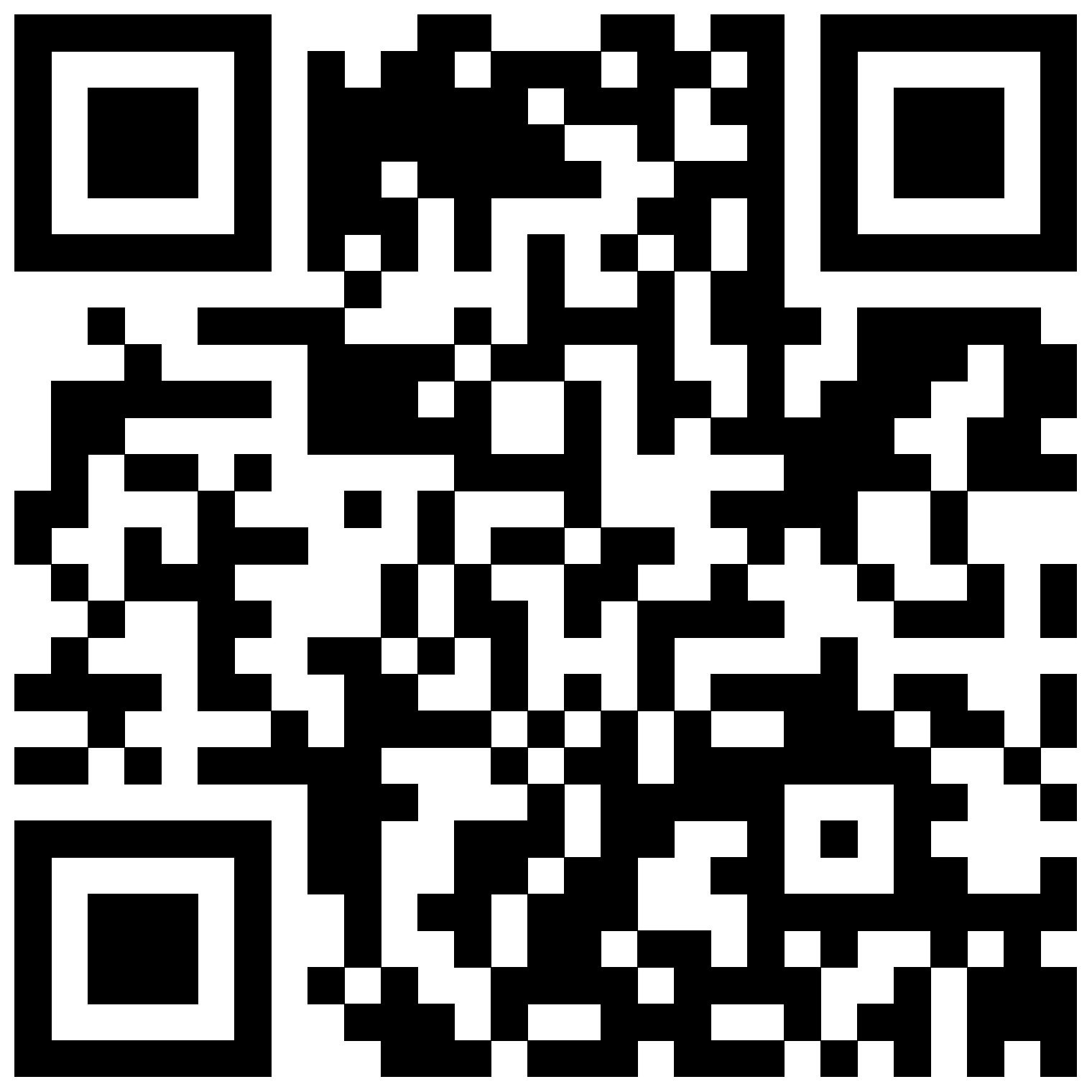When I was 17, I was diagnosed with schizophrenia and bipolar disorder. Still, 13 years later, I often experience delusions, paranoia, and hallucinations. Sometimes, I get confused with words and thoughts. I also suffer from major mood swings—some manias so high that I can’t sleep for days, and some depressions so low that I feel suicidal. I won’t say that the app has fixed it all, but it has helped make life, well, bearable.
 My goal in seeking an app was to track my illness and my day-to-day. I wanted *one* app that would log my symptoms, moods, and daily life, a place that would allow me to take notes on what happened that day. My memory isn’t great, and if I didn’t know what happened, I didn’t know how I could work to make it better. What was this mood? What were my symptoms at the time? What triggered it? Did I have to take medication to treat it? I knew none of the answers, let alone be able to communicate them to my doctors.
Therefore, the biggest benefit to Bearable is its ability to make the user conscious of their own habits, moods, and patterns. Some patterns were obvious—I knew that taking a walk and cuddling with my cat improved my mood and symptoms. However, some things were new to me – my mood greatly dipped on Mondays and was best in the middle of the week. Once I was able to predict this, I learned to compensate for it. For example, could I schedule a nature walk on Mondays to help lift my mood?
All of these analytics sound complex, but the app is actually quite simple to use. This is a must for me, as I try as much as possible to use it when symptomatic. A handy notification reminds me when to log in, although I often find myself adding information as I go about my day. It has quickly become part of my daily routine. I check off “factors,” or things that happen in my life when they occur. These may be things like the weather, my activity level, or where I’ve been that day. I mark my mood, tag it with feelings such as “bored,” “happy,” or “upset,” and jot down a few notes. I check off when I’ve taken important medications, enter what I’ve eaten, and mark the severity of whatever symptoms I’m experiencing. Some of the useful features, such as sleep, are automatically entered from Apple Health.
My goal in seeking an app was to track my illness and my day-to-day. I wanted *one* app that would log my symptoms, moods, and daily life, a place that would allow me to take notes on what happened that day. My memory isn’t great, and if I didn’t know what happened, I didn’t know how I could work to make it better. What was this mood? What were my symptoms at the time? What triggered it? Did I have to take medication to treat it? I knew none of the answers, let alone be able to communicate them to my doctors.
Therefore, the biggest benefit to Bearable is its ability to make the user conscious of their own habits, moods, and patterns. Some patterns were obvious—I knew that taking a walk and cuddling with my cat improved my mood and symptoms. However, some things were new to me – my mood greatly dipped on Mondays and was best in the middle of the week. Once I was able to predict this, I learned to compensate for it. For example, could I schedule a nature walk on Mondays to help lift my mood?
All of these analytics sound complex, but the app is actually quite simple to use. This is a must for me, as I try as much as possible to use it when symptomatic. A handy notification reminds me when to log in, although I often find myself adding information as I go about my day. It has quickly become part of my daily routine. I check off “factors,” or things that happen in my life when they occur. These may be things like the weather, my activity level, or where I’ve been that day. I mark my mood, tag it with feelings such as “bored,” “happy,” or “upset,” and jot down a few notes. I check off when I’ve taken important medications, enter what I’ve eaten, and mark the severity of whatever symptoms I’m experiencing. Some of the useful features, such as sleep, are automatically entered from Apple Health.
 Bearable has literally become a lifeline for me, and I imagine it would be for others, too. Not all patterns are obvious to someone with schizophrenia or bipolar disorder, and it’s amazing to have one organized place to learn about yourself. I can tell my doctors when I’m having a bad week and what important event might have triggered that. I can tell when my medications are working and how often I take them. I have insight into myself, and that would be invaluable for anyone with schizophrenia, bipolar disorder, or any illness at all.
– – – – – – – – – – – – – – – – – – – – – – – – – – – – – –
Start to reclaim control over your well-being today! Download Bearable for free on Apple or Android.
Bearable App – Mood and Symptoms Tracker for Bipolar Disorder and Schizophrenia.
Bearable has literally become a lifeline for me, and I imagine it would be for others, too. Not all patterns are obvious to someone with schizophrenia or bipolar disorder, and it’s amazing to have one organized place to learn about yourself. I can tell my doctors when I’m having a bad week and what important event might have triggered that. I can tell when my medications are working and how often I take them. I have insight into myself, and that would be invaluable for anyone with schizophrenia, bipolar disorder, or any illness at all.
– – – – – – – – – – – – – – – – – – – – – – – – – – – – – –
Start to reclaim control over your well-being today! Download Bearable for free on Apple or Android.
Bearable App – Mood and Symptoms Tracker for Bipolar Disorder and Schizophrenia.
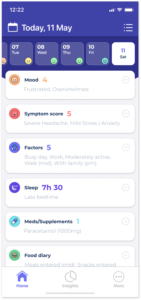 My goal in seeking an app was to track my illness and my day-to-day. I wanted *one* app that would log my symptoms, moods, and daily life, a place that would allow me to take notes on what happened that day. My memory isn’t great, and if I didn’t know what happened, I didn’t know how I could work to make it better. What was this mood? What were my symptoms at the time? What triggered it? Did I have to take medication to treat it? I knew none of the answers, let alone be able to communicate them to my doctors.
Therefore, the biggest benefit to Bearable is its ability to make the user conscious of their own habits, moods, and patterns. Some patterns were obvious—I knew that taking a walk and cuddling with my cat improved my mood and symptoms. However, some things were new to me – my mood greatly dipped on Mondays and was best in the middle of the week. Once I was able to predict this, I learned to compensate for it. For example, could I schedule a nature walk on Mondays to help lift my mood?
All of these analytics sound complex, but the app is actually quite simple to use. This is a must for me, as I try as much as possible to use it when symptomatic. A handy notification reminds me when to log in, although I often find myself adding information as I go about my day. It has quickly become part of my daily routine. I check off “factors,” or things that happen in my life when they occur. These may be things like the weather, my activity level, or where I’ve been that day. I mark my mood, tag it with feelings such as “bored,” “happy,” or “upset,” and jot down a few notes. I check off when I’ve taken important medications, enter what I’ve eaten, and mark the severity of whatever symptoms I’m experiencing. Some of the useful features, such as sleep, are automatically entered from Apple Health.
My goal in seeking an app was to track my illness and my day-to-day. I wanted *one* app that would log my symptoms, moods, and daily life, a place that would allow me to take notes on what happened that day. My memory isn’t great, and if I didn’t know what happened, I didn’t know how I could work to make it better. What was this mood? What were my symptoms at the time? What triggered it? Did I have to take medication to treat it? I knew none of the answers, let alone be able to communicate them to my doctors.
Therefore, the biggest benefit to Bearable is its ability to make the user conscious of their own habits, moods, and patterns. Some patterns were obvious—I knew that taking a walk and cuddling with my cat improved my mood and symptoms. However, some things were new to me – my mood greatly dipped on Mondays and was best in the middle of the week. Once I was able to predict this, I learned to compensate for it. For example, could I schedule a nature walk on Mondays to help lift my mood?
All of these analytics sound complex, but the app is actually quite simple to use. This is a must for me, as I try as much as possible to use it when symptomatic. A handy notification reminds me when to log in, although I often find myself adding information as I go about my day. It has quickly become part of my daily routine. I check off “factors,” or things that happen in my life when they occur. These may be things like the weather, my activity level, or where I’ve been that day. I mark my mood, tag it with feelings such as “bored,” “happy,” or “upset,” and jot down a few notes. I check off when I’ve taken important medications, enter what I’ve eaten, and mark the severity of whatever symptoms I’m experiencing. Some of the useful features, such as sleep, are automatically entered from Apple Health.
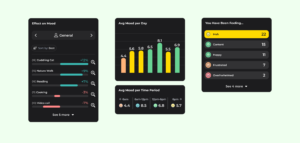 Bearable has literally become a lifeline for me, and I imagine it would be for others, too. Not all patterns are obvious to someone with schizophrenia or bipolar disorder, and it’s amazing to have one organized place to learn about yourself. I can tell my doctors when I’m having a bad week and what important event might have triggered that. I can tell when my medications are working and how often I take them. I have insight into myself, and that would be invaluable for anyone with schizophrenia, bipolar disorder, or any illness at all.
– – – – – – – – – – – – – – – – – – – – – – – – – – – – – –
Start to reclaim control over your well-being today! Download Bearable for free on Apple or Android.
Bearable App – Mood and Symptoms Tracker for Bipolar Disorder and Schizophrenia.
Bearable has literally become a lifeline for me, and I imagine it would be for others, too. Not all patterns are obvious to someone with schizophrenia or bipolar disorder, and it’s amazing to have one organized place to learn about yourself. I can tell my doctors when I’m having a bad week and what important event might have triggered that. I can tell when my medications are working and how often I take them. I have insight into myself, and that would be invaluable for anyone with schizophrenia, bipolar disorder, or any illness at all.
– – – – – – – – – – – – – – – – – – – – – – – – – – – – – –
Start to reclaim control over your well-being today! Download Bearable for free on Apple or Android.
Bearable App – Mood and Symptoms Tracker for Bipolar Disorder and Schizophrenia. 
